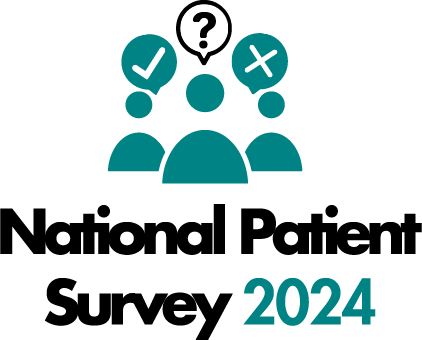 Our National Patient Survey 2024 report is now live. Thank you to all those that shared their experiences. Read our report here.
Our National Patient Survey 2024 report is now live. Thank you to all those that shared their experiences. Read our report here.The HFEA’s recommendation to government on the future regulation of in-vitro gametes
In vitro gametes (IVGs) are gametes (eggs or sperm) created in a laboratory (in vitro) by reprogramming other cells, such as embryonic stem cells or skin cells, to become functional egg and sperm cells.
Peter Thompson, Chief Executive of the HFEA, said:
“In-vitro gametes (IVGs) have the potential to vastly increase the availability of human sperm and eggs for research and, if proved safe, effective, and publicly acceptable, to provide new fertility treatment options for men with low sperm counts and women with low ovarian reserve.
“Research on IVGs is progressing quickly but it is not yet clear when they might be a viable option in treatment. IVGs raise important questions and that is why the HFEA has recommended that they should be subject to statutory regulation in time, and that biologically dangerous use of IVGs in treatment should never be permitted. Currently, the Human Fertilisation and Embryology (HFE) Act prohibits the clinical use of IVGs.
“This is the latest of a range of detailed recommendations on scientific developments that we are looking at to future proof the HFE Act, but any decisions around UK modernising fertility law is a matter for Parliament.”
Ends
Notes to editors
Review date: 27 January 2027

